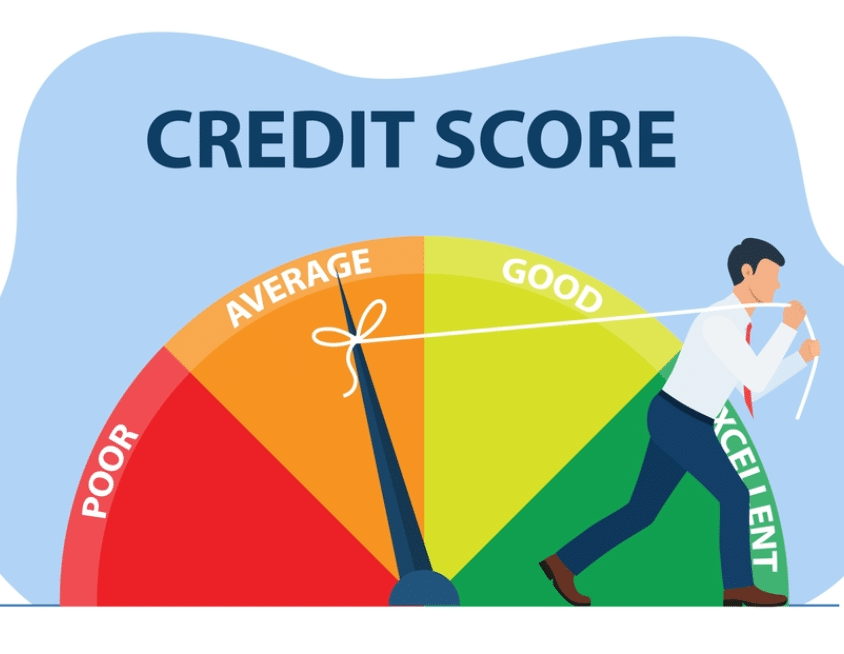In today’s financial landscape, having a strong credit score has become increasingly vital for individuals seeking to secure favorable lending terms, attain lower interest rates, and gain access to various financial opportunities. A credit score not only reflects one’s creditworthiness but also serves as a testament to their financial responsibility and trustworthiness in managing debt. At its core, building a strong credit score hinges on the principle of responsible spending – a practice that involves judiciously managing credit accounts, making timely payments, and maintaining a healthy balance between income and expenditures. This journey towards a robust credit score is not only about navigating the intricacies of the financial system but also about cultivating sound financial habits that can lead to long-term fiscal well-being. By delving into the intricacies of responsible spending and understanding the factors that influence credit scoring, individuals can pave the way for a secure financial future and open doors to a world of financial possibilities.

How to build a strong credit score through responsible spending:
Understand Your Credit Score:
Begin by comprehending the significance of a credit score and how it impacts your financial life. Credit scores, usually ranging from 300 to 850, reflect your creditworthiness and influence your ability to secure loans, mortgages, and favorable interest rates.
Monitor Your Credit Report:
Regularly review your credit report from the major credit bureaus (Equifax, Experian, and TransUnion) to ensure accuracy. Any errors or discrepancies should be addressed promptly, as they can affect your score.
Budget Wisely:
Create a comprehensive budget that outlines your monthly income and all expenses. Allocate funds for necessary expenses and leave room for saving and paying down debt. Sticking to a budget prevents overspending and helps you maintain control over your finances.
Use Credit Responsibly:
Open a few credit accounts, such as credit cards and loans, but avoid overextending yourself. Aim for a healthy mix of credit types and a manageable credit utilization ratio (credit used vs. credit available), ideally keeping it below 30%.
Make Timely Payments:
Consistently make payments on time for all your credit accounts, including credit cards, loans, and utility bills. Payment history is a critical factor in calculating your credit score, and even one missed payment can have a negative impact.
Manage Debt Effectively:
If you carry credit card balances, strive to pay more than the minimum due each month. Prioritize paying off high-interest debts first while making at least the minimum payments on other accounts. Lowering your overall debt load positively influences your credit score.
Avoid Opening Too Many New Accounts:
While having a diverse credit history is beneficial, opening too many new accounts within a short period can raise concerns about your financial stability. Each new application can result in a hard inquiry, which may temporarily lower your score.
Maintain a Long Credit History:
The length of your credit history matters. Keep older, well-managed accounts open to demonstrate your ability to handle credit responsibly over time. Closing old accounts could shorten your credit history and potentially impact your score.
Also Read: Unknown Factors That Could Damage Your Credit Score
Bottom line:
In conclusion, a strong credit score is an invaluable asset that can significantly impact various aspects of our financial lives. Cultivating responsible spending habits forms the bedrock of a robust credit score. By consistently managing credit accounts wisely, making prompt payments, and practicing fiscal prudence, individuals can not only enhance their creditworthiness but also set themselves on a path towards greater financial stability and opportunities. Just as a solid foundation is essential for a sturdy structure, responsible spending acts as the foundation upon which a strong credit score is built, enabling us to navigate the complexities of the financial landscape with confidence and achieve our monetary goals.






